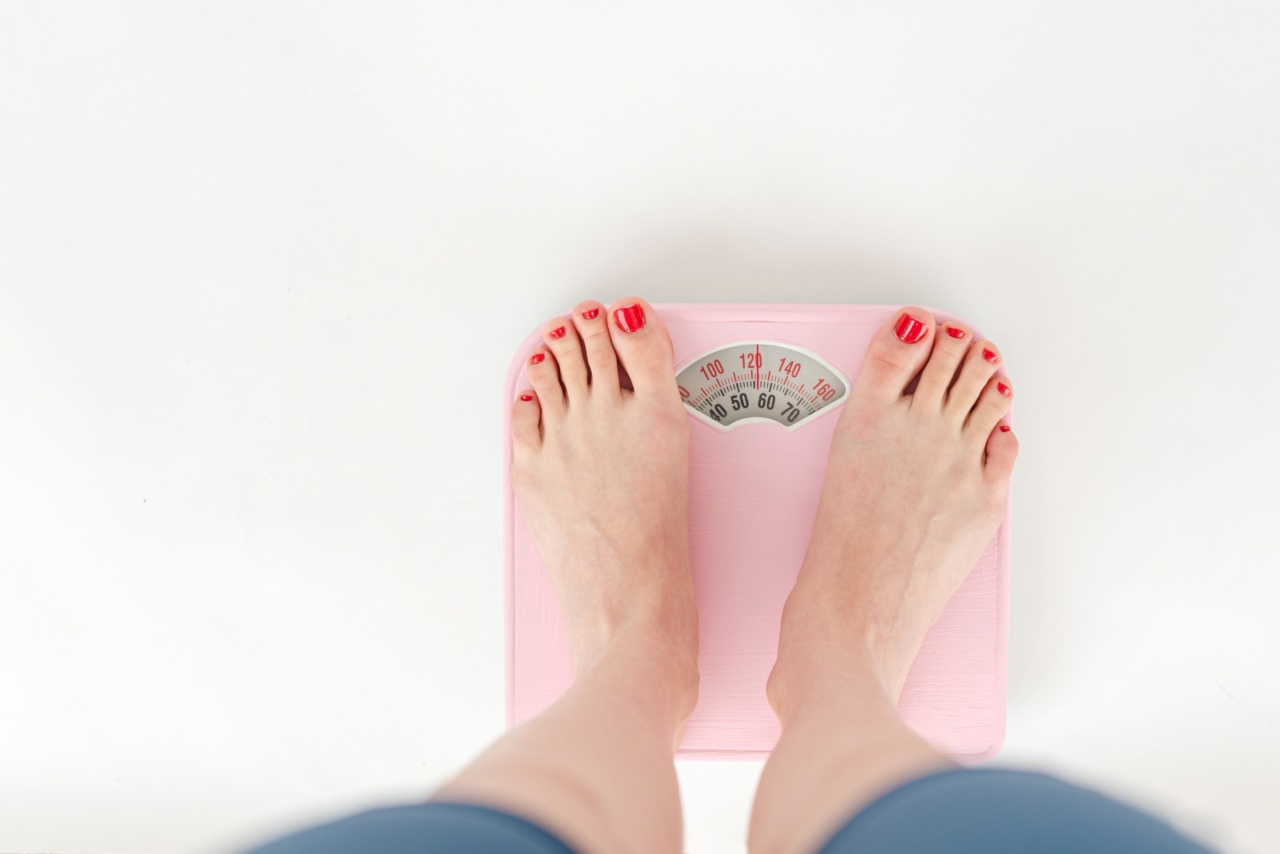High blood pressure, or hypertension, affects millions of people worldwide and if left untreated, can lead to severe health problems such as stroke and heart attack.
Fortunately, lifestyle changes such as regular exercise and a healthy diet can help control blood pressure levels. Let’s take a look at the top 10 foods to incorporate into your diet to help control blood pressure levels.
1. Leafy Greens
Leafy greens such as spinach, kale, and collard greens are packed with potassium, a mineral that helps the kidneys excrete sodium and reduce blood pressure. These greens also contain nitrates that help to relax blood vessels.
2. Berries
Berries are rich in antioxidants such as anthocyanins, which help protect against cellular damage and reduce inflammation. This, in turn, can help lower blood pressure levels.
Blueberries, raspberries, strawberries, and blackberries are some of the most nutritious berries you can eat.
3. Oats
Oats are high in fiber, which has been shown to lower blood pressure levels. They also contain a type of fiber called beta-glucan, which has been linked to lower cholesterol levels.
Enjoy oats as a warm breakfast cereal or add them to your favorite smoothie.
4. Salmon
Salmon is an excellent source of omega-3 fatty acids, which have been shown to help reduce blood pressure levels. In addition, omega-3s may help protect against heart disease, stroke, and dementia.
Try to consume at least two servings of fatty fish per week.
5. Garlic
Garlic has been shown to help lower blood pressure levels by acting as a natural vasodilator, which means it can help relax blood vessels and improve blood flow. Garlic also contains antioxidants that help protect against heart disease and cancer.
6. Pomegranates
Pomegranates are rich in antioxidants and contain compounds called punicalagins, which have been shown to help lower blood pressure levels. Studies also suggest that pomegranate juice may help reduce the risk of heart disease.
Enjoy pomegranate seeds on their own or add them to salads, smoothies, or oatmeal.
7. Low-Fat Dairy
Low-fat dairy products such as yogurt and milk are excellent sources of calcium, potassium, and magnesium, all of which are important minerals for controlling blood pressure levels.
Just be sure to choose low-fat or fat-free options to keep saturated fat intake in check.
8. Dark Chocolate
Dark chocolate is rich in flavanols, compounds that have been shown to help improve blood flow and lower blood pressure levels.
However, not all chocolate is created equal, so look for dark chocolate with at least 70% cocoa solids and consume in moderation.
9. Nuts and Seeds
Nuts and seeds such as almonds, pistachios, and sunflower seeds are excellent sources of potassium, magnesium, and healthy fats, all of which can help improve blood pressure levels.
Just be sure to choose unsalted options to keep sodium levels in check.
10. Olive Oil
Olive oil is rich in monounsaturated fatty acids, which have been shown to help lower blood pressure levels. In addition, olive oil contains antioxidants that help protect against heart disease.
Use olive oil in place of butter or vegetable oil when cooking or use it as a salad dressing.
Conclusion
Incorporating these top 10 foods into your diet can help lower blood pressure levels and improve overall health. However, it’s important to remember that a healthy diet is just one part of a holistic approach to managing blood pressure.
Be sure to also engage in regular physical activity and talk to your healthcare provider about other lifestyle changes that may be appropriate for your particular situation.




























